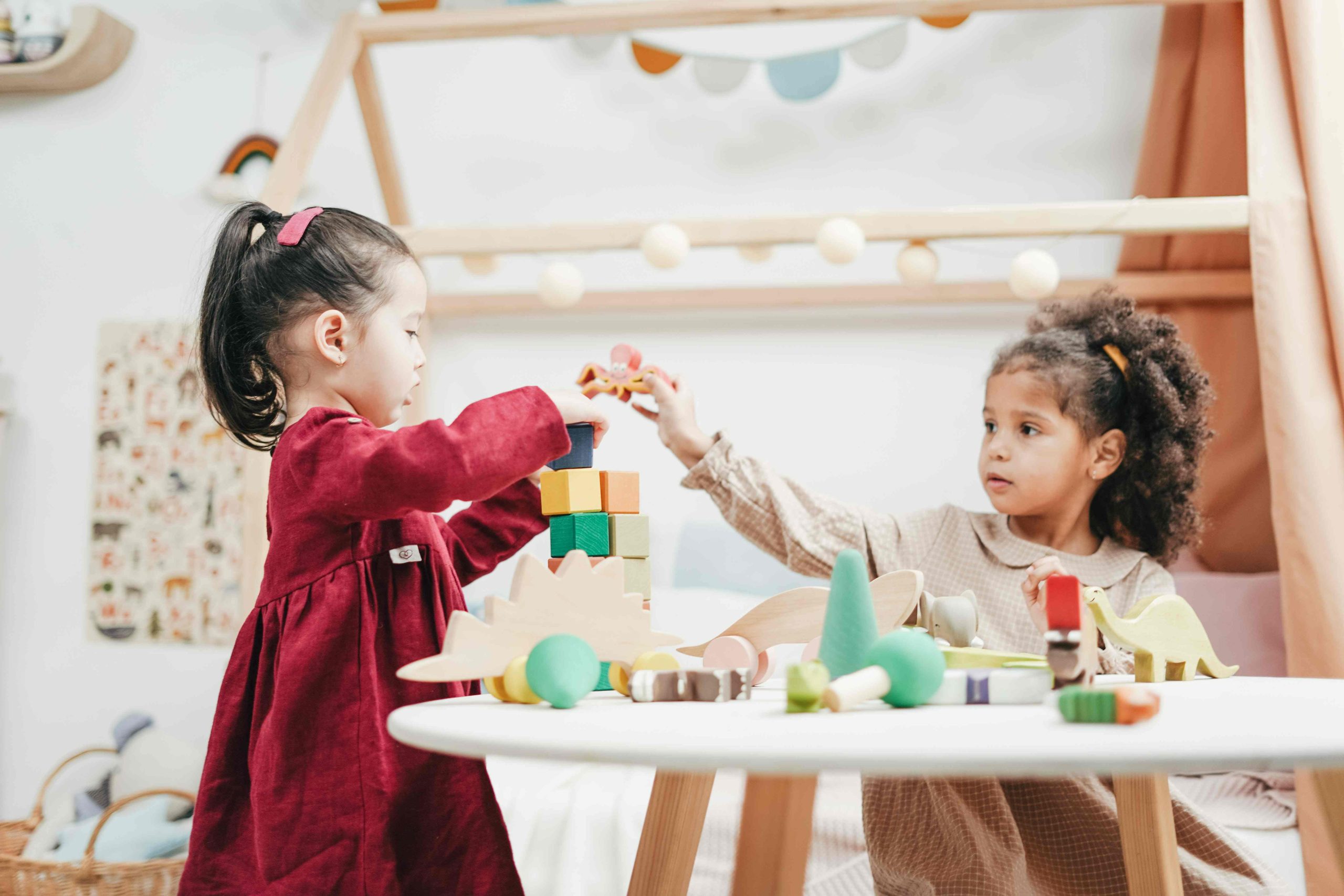
Nurturing Social Development: Making Your Preschooler’s Learning Journey a Positive Experience
Introduction
As caring parents, we all aspire to provide our preschoolers with the finest learning experiences. Our goal is to cultivate well-rounded individuals equipped with robust social skills. Preschool represents a pivotal stage for nurturing social development in young children. It serves as the arena where they learn to interact, forge friendships, and lay the groundwork for future relationships. Studies underscore the profound impact of a positive social milieu during early years on a child’s subsequent development and success.
Creating a Positive Learning Environment
One of the fundamental pillars of fostering a positive learning experience for preschoolers is establishing an inviting atmosphere. Young learners thrive in environments characterized by safety, security, and comfort. Achieving this entails setting up well-organized and stimulating classrooms or play areas equipped with age-appropriate toys, books, and learning materials. Moreover, positive reinforcement and encouragement from educators and caregivers play a pivotal role in cultivating a supportive learning environment.
Encouraging Social Interaction
Social interaction stands as a cornerstone of preschoolers’ development. Through such interactions, they acquire essential skills like communication, sharing, turn-taking, and empathy. Educators and parents can facilitate social engagement by offering opportunities for group activities such as circle time, cooperative games, and collaborative art projects. Encouraging dialogue and discourse among children not only fosters language development but also nurtures relationships.
Developing Emotional Intelligence
Emotional intelligence, encompassing the ability to recognize, understand, and manage emotions, holds immense significance for preschoolers. It empowers them to navigate their own feelings as well as those of others. Teachers and parents can support the development of emotional intelligence by validating children’s emotions, imparting coping strategies for managing intense emotions, and modeling empathy and compassion in their interactions.
Role-Playing and Pretend Play
Role-playing and pretend play offer invaluable opportunities for preschoolers to hone their social skills. These imaginative activities enable children to explore various roles and enhance their communication abilities. Through role-playing, they learn to understand different perspectives and practice problem-solving. Parents and teachers can facilitate role-playing by providing props, costumes, and open-ended materials that encourage creativity and imagination.
Building Self-Confidence
Confidence serves as a bedrock for social development in preschoolers. Children who possess self-assurance are more likely to engage socially, take risks, and embrace new experiences. Educators and parents can nurture self-confidence by providing opportunities for children to succeed and praising their efforts and achievements. Encouraging independence and autonomy also fosters a sense of competence and self-assurance.
Teaching Conflict Resolution Skills
Conflict resolution skills are indispensable for preschoolers as they navigate social interactions. These skills empower children to communicate effectively, compromise, and build positive relationships. Teachers and parents can impart conflict resolution skills by modeling appropriate behavior, guiding children through conflicts, and offering strategies for resolving disagreements peacefully.
Encouraging Empathy and Kindness
Empathy and kindness are foundational social virtues that preschoolers should cultivate. These qualities enable children to understand and connect with others, fostering a positive social environment. Parents and teachers can nurture empathy and kindness by encouraging children to consider others’ feelings and perspectives, promoting acts of kindness and generosity, and providing opportunities for children to practice empathy through role-playing and storytelling.
Promoting Cultural Awareness and Diversity
Promoting cultural awareness and diversity is vital in today’s globalized world. By exposing preschoolers to diverse cultures, traditions, and perspectives, educators and parents foster empathy, respect, and appreciation for diversity. Celebrating cultural holidays and festivals, reading multicultural books, and engaging in cultural activities and events enrich children’s understanding of the world and promote inclusivity.
Fostering Positive Relationships with Teachers and Peers
Positive relationships with teachers and peers play a crucial role in preschoolers’ social development. These relationships create a supportive and engaging learning environment, fostering healthy social interactions. Teachers can build positive relationships with children by creating a warm and welcoming classroom environment, getting to know each child individually, and providing opportunities for meaningful interactions and connections.
Managing Social Challenges
Social challenges are inevitable as preschoolers navigate their social world. Conflicts with peers and difficulties in making friends are common experiences. As parents and teachers, it is essential to help children navigate these challenges and develop problem-solving skills. Teaching effective communication strategies, encouraging children to express their feelings and needs, and providing guidance and support during conflicts are essential strategies for helping children manage social challenges and develop resilience.
Encouraging Independence
Independence is a critical skill for preschoolers’ social development. By encouraging independence, parents and teachers empower children to take initiative and build confidence in their abilities. Teachers can foster independence in the classroom by providing opportunities for children to make choices, take on responsibilities, and solve problems independently. At home, parents can support independence by allowing children to make decisions, try new things, and take on age-appropriate tasks and responsibilities.
Creating a Positive Social Environment at Home
Creating a positive social environment at home is essential for supporting preschoolers’ social development. Parents can model positive social behaviors, such as kindness, empathy, and respect for others. Encouraging positive interactions between family members, providing opportunities for children to interact with others, and creating a safe and supportive environment for children to express their feelings and thoughts are all ways to promote social development at home.
Conclusion
In conclusion, crafting a positive learning journey for preschoolers demands a comprehensive approach that prioritizes social development. By fostering a supportive and nurturing environment, nurturing social skills and emotional intelligence, and promoting empathy, kindness, and cultural awareness, parents and educators alike can equip preschoolers with the social acumen necessary for success in both school and life.


